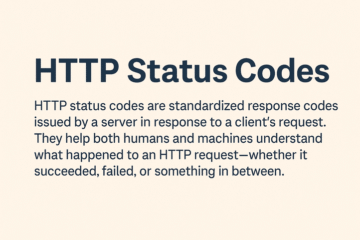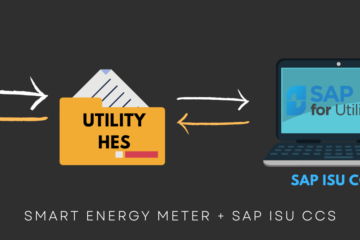While JSON (JavaScript Object Notation) and XML (Extensible Markup Language) are both popular data interchange formats, JSON has several advantages over XML in certain scenarios. We are covering about the advantage of JSON over XML in this blog. They are used to transmit data between different systems and applications.

Here are some advantages of JSON over XML:
- JSON is more lightweight and therefore quicker to parse than XML.
- JSON is easier to read and write and requires fewer tags than XML.
- JSON supports arrays, making it easier to represent a list of objects with the same structure.
- JSON is more widely used in modern web applications and has better support for JavaScript, a common language used for client-side scripting.
- JSON is simpler to understand and work with, making it a preferred choice for many developers.
- JSON is more concise than XML, which can be helpful in situations where bandwidth or storage is limited.
- JSON is a better fit for RESTful APIs, which are becoming increasingly popular for web services, due to its flexibility and ease of use.
- JSON is a natural fit for working with NoSQL databases, which are increasingly popular for handling large volumes of unstructured data.
- JSON supports null values natively, whereas XML has to be represented using a specific attribute.
To know more about the author, please visit his LinkedIn profile.
Go to home page for more information regarding communication protocols.



0 Comments